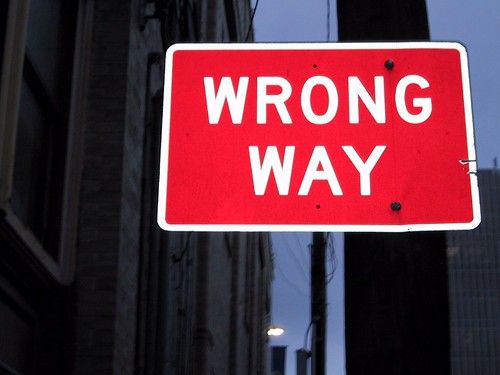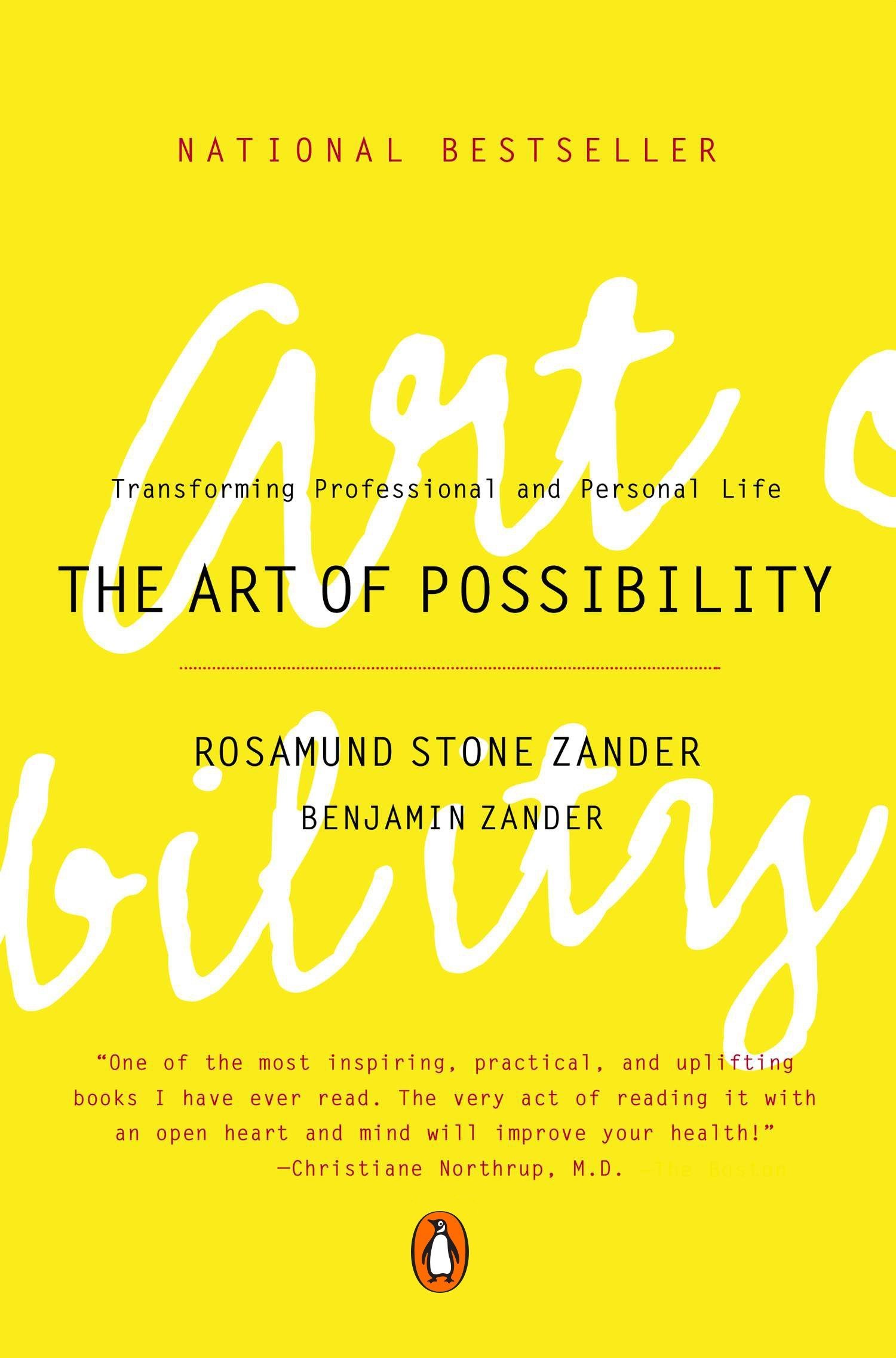"Always smile back at little children.
To ignore them is to destroy their belief that the world is good." ~ Pam Brown
This fall I began teaching at a new school. I am also the new vice-principal of my school. My old school and my new school are very different in many ways... different enough that they are almost incomparable. For the most part, the two schools side by side represent totally different educational contexts. I have been asked by many this fall to make comparisons between them, but I can't; they're like apples and oranges. They are both great schools doing great things but in most different ways. There is one way, however, that the two schools are identical.
When I get asked to compare my old school to my new school, I simply say, "kids are kids." No matter where I've taught, or whatever context I was teaching in, I have always kept this notion at the forefront of my practice. Remembering that kids are kids no matter where in the world reminds me to make sure I help them preserve their innocent perspectives as long as they can. The
world will happen soon enough... for now they're just kids, and they deserve to live in the
world they dream of... the one that's good and happy and safe; the one that makes them smile just because they are excited to be a part of it.
When I walk down the halls, around our campus, and into classrooms every day, I remember to smile at kids, even before they smile at me. I greet them and take the time to speak with them as often as I can about anything they want to talk about. This is the best thing I can do as a teacher and school administrator to help kids feel a sense of welcome and belonging at my new school. I did this at my old school too, and every school I taught at before that.
The more I do it, the more I'm convinced that the kids are right. The world is good, and they are going to make it even better.






